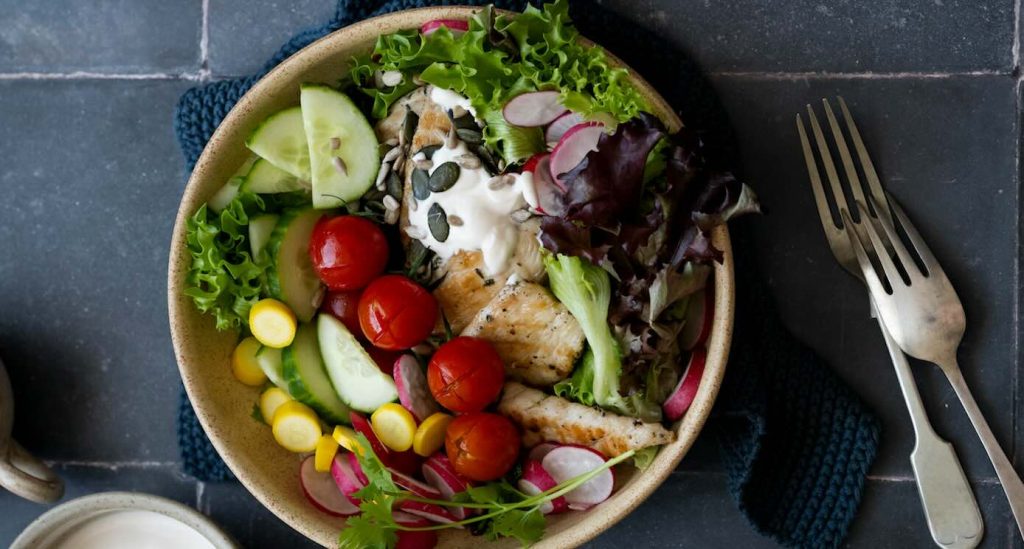In a world where health and wellbeing are increasingly important, this inspiring story highlights the transformative power of a simple change: diet. A recent study reveals that adopting a brain-boosting eating pattern can make a significant difference in our mental health, especially as we age. Let’s explore this uplifting research and its potential to enhance our lives.
Research from the University of Hawaii has unveiled encouraging news for adults over the age of 45. The study’s findings show that those who embraced the MIND diet—short for Mediterranean Intervention for Neurodegenerative Delay—were less likely to develop Alzheimer’s disease and other related forms of dementia.
The MIND diet is a delightful blend of two well-known eating patterns: the Mediterranean diet, celebrated for its heart-healthy benefits, and the DASH diet, known for its role in lowering blood pressure. This combination emphasizes delicious and nutritious foods like leafy green vegetables, berries, nuts, fish, and olive oil—items that not only taste good but are now backed by science for their brain-protecting properties.
Across a diverse group of over 90,000 American adults, those who adhered closely to the MIND diet exhibited a striking 9% lower risk of dementia. Among African American, Latino, and White participants, that risk reduction jumped to approximately 13%. These findings suggest that regardless of one’s background, following this nutritious culinary path can yield significant health benefits.
Notably, participants who improved their commitment to the MIND diet over time saw even greater advantages, with a substantial 25% lower risk of dementia over a decade. This highlights the importance of making positive dietary changes at any stage of life, reinforcing the idea that it’s never too late to prioritize healthy eating.
Dr. Song-Yi Park, an Associate Professor at the University of Hawaii, emphasized the importance of adopting healthy dietary patterns, especially in midlife and beyond. “Our study confirms that improving diet quality can have a protective effect against developing dementia,” she stated, reminding us that small steps in nutrition can lead to big changes.
However, the study also identified some disparities, noting that the protective benefits of the MIND diet appeared less pronounced among Asian Americans and Native Hawaiians. Dr. Park pointed out the need for a more tailored approach in assessing diet quality across different cultural backgrounds, inviting further research to explore these differences.
As we reflect on these insights, it’s clear that the MIND diet offers not just hope but a heartfelt opportunity for many to enhance both mental and physical health. So why not experiment with a vibrant salad, rich with greens and nuts, or a savory dish of fish cooked with olive oil? The choices we make today can cultivate a healthier tomorrow, proving that our plates can be powerful in the pursuit of wellness.
Takeaway: Every meal is a chance to nourish not only our bodies but our brains, paving the way for vibrant health and a brighter future.
If you would like to see similar good news stories click here & Share this to brighten someone’s day.





